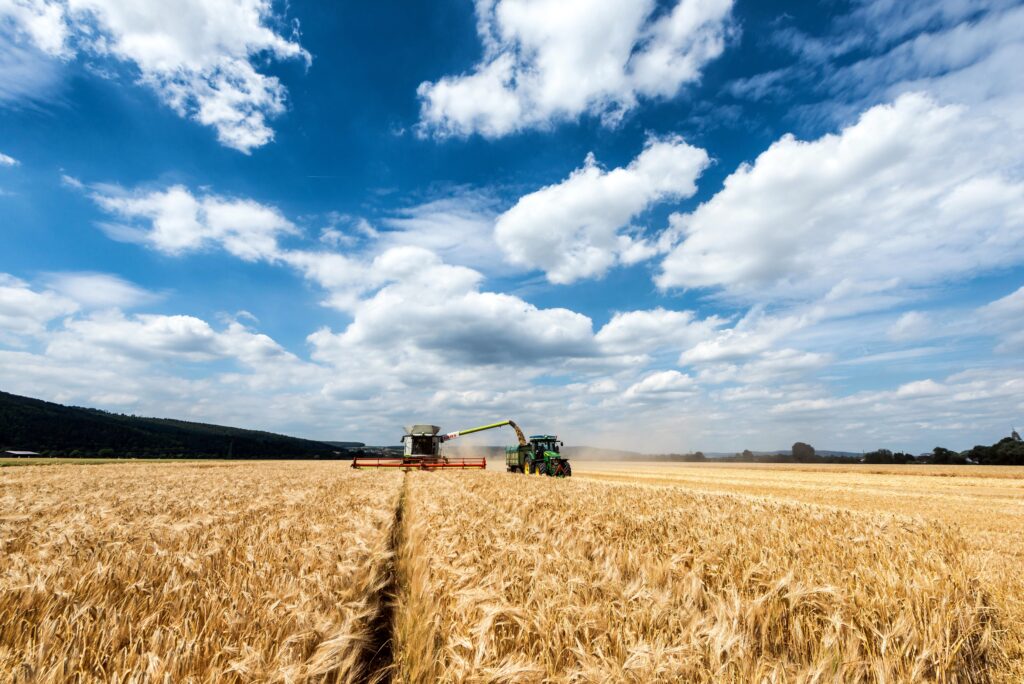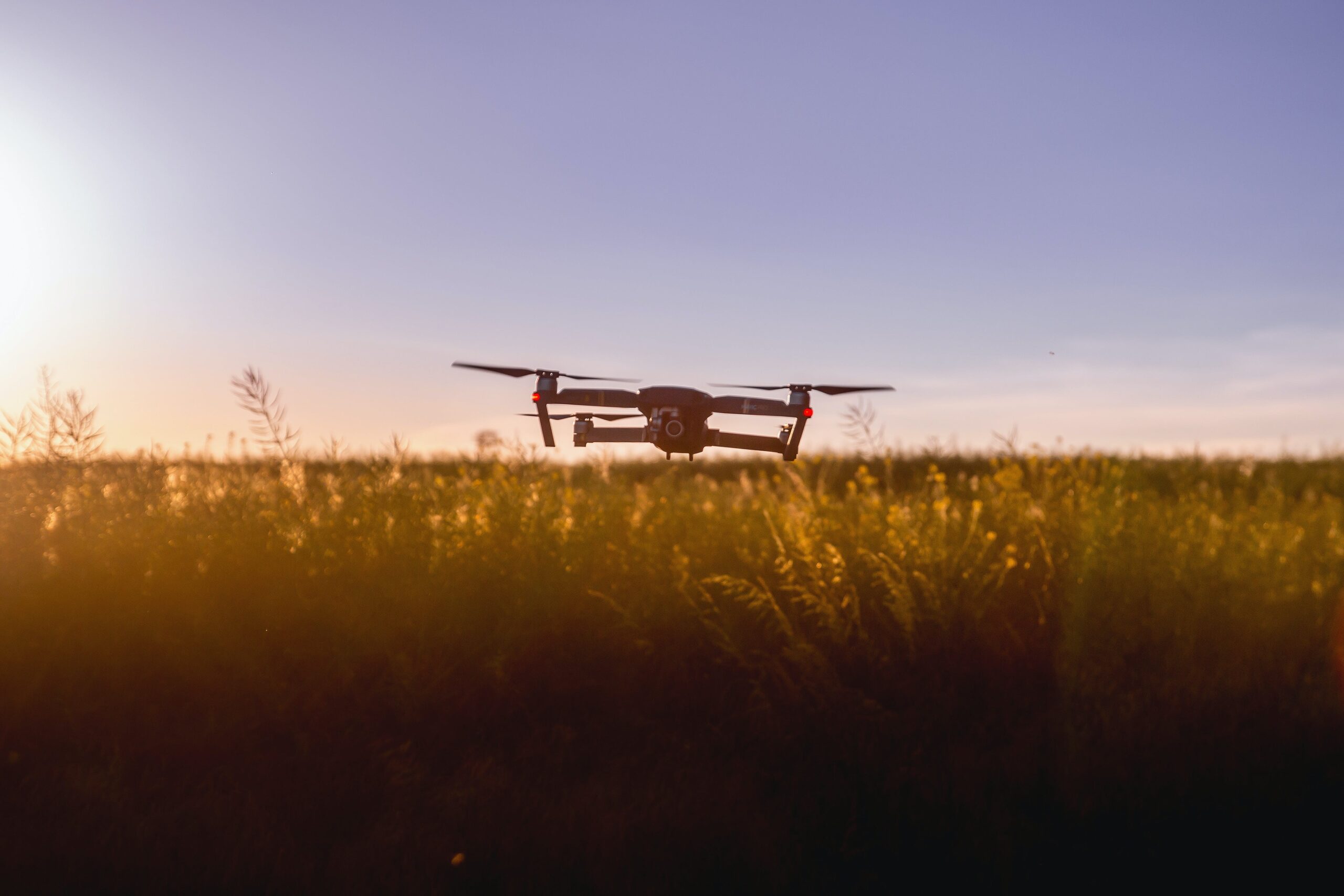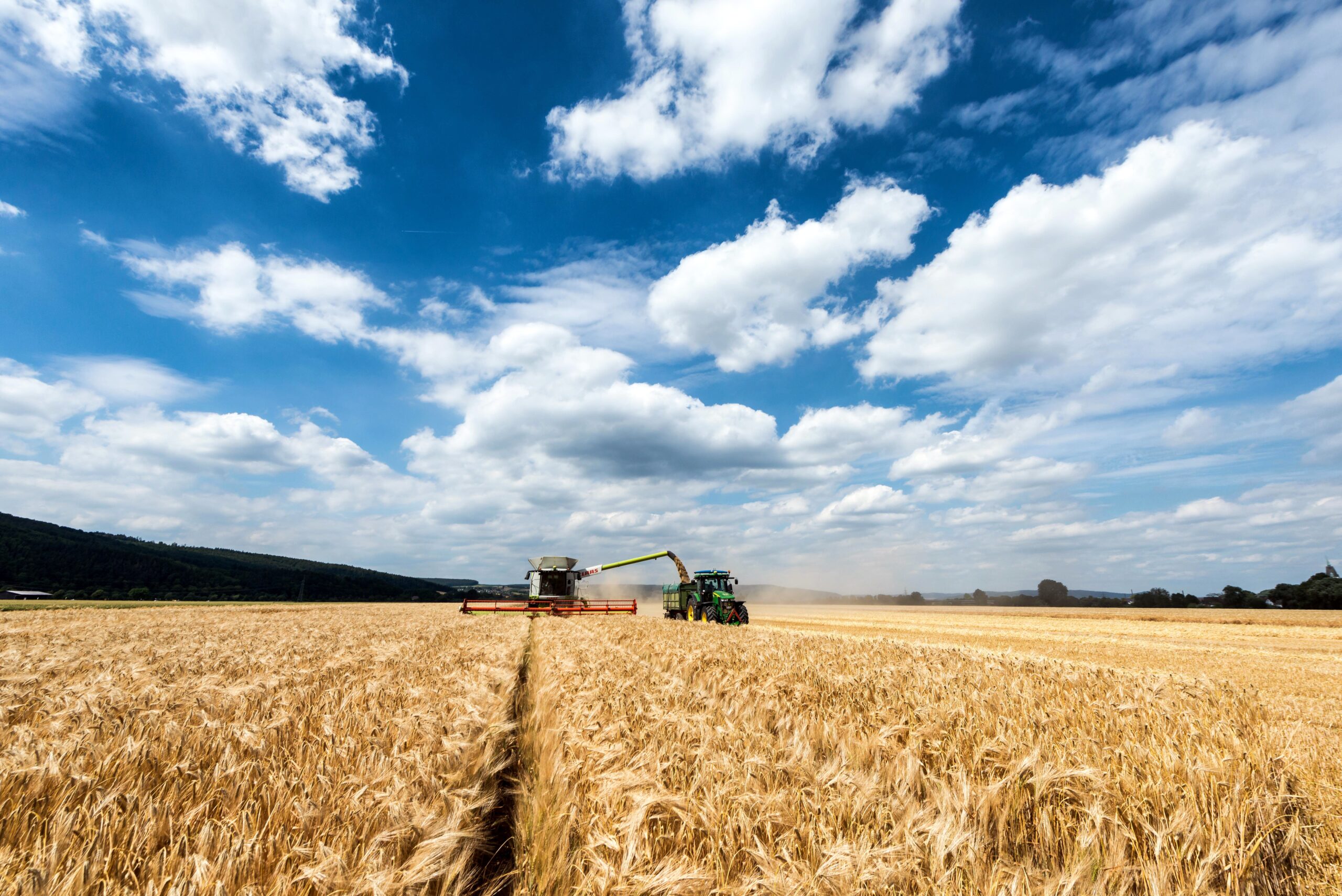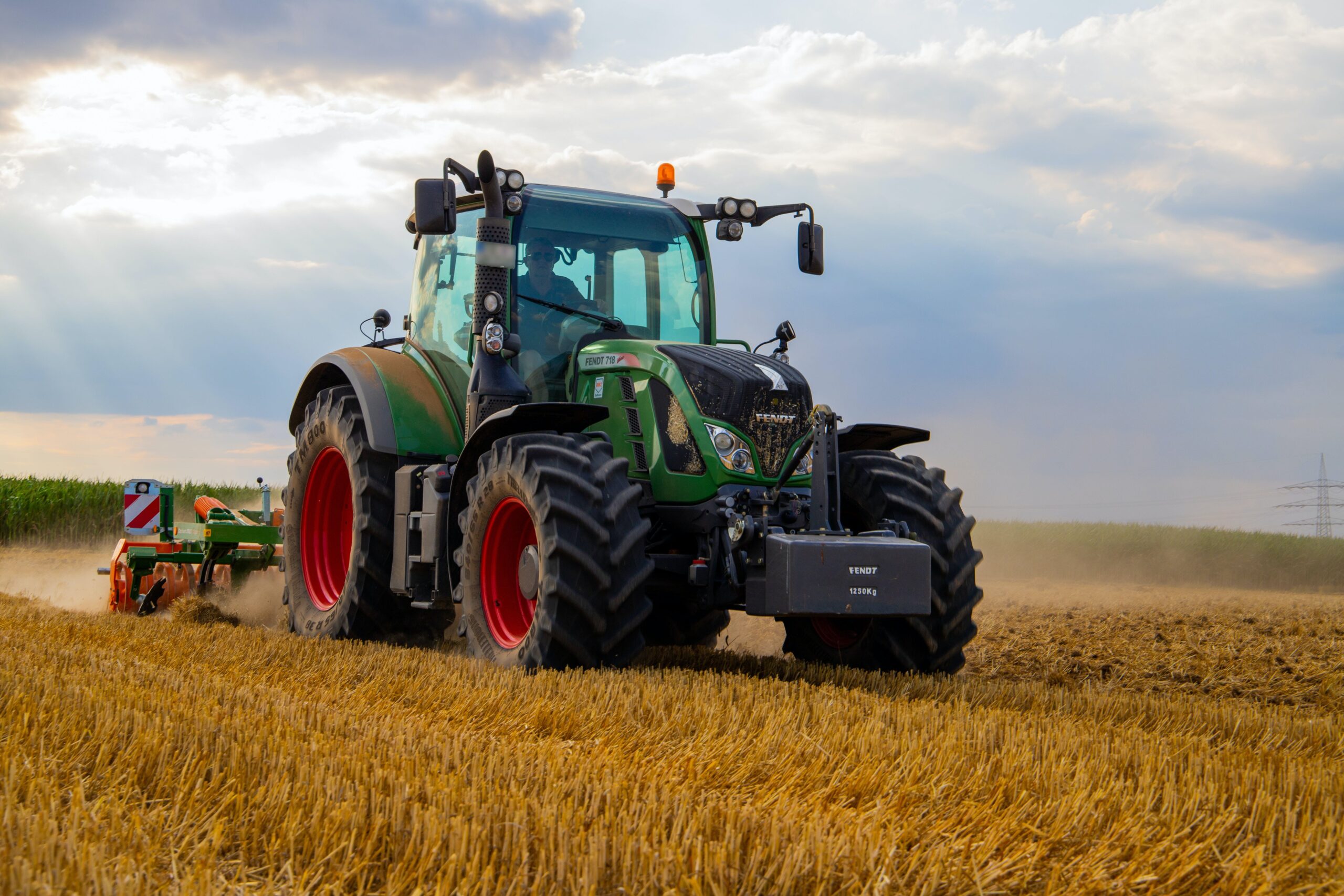In the face of challenges related to climate change, environmental pollution, and a growing population, agriculture must seek innovative solutions to achieve sustainable food production. In this revolution, modern technologies play a crucial role, not only increasing production efficiency but also minimizing the negative impact on the environment. In the context of grains, the future of agriculture relies on advanced technologies supporting sustainable production.
Smart Irrigation Systems:
In the changing climate, optimal water management is crucial for sustainable grain production. Smart irrigation systems utilize advanced sensors and algorithms to monitor soil moisture, forecast weather conditions, and adjust the amount of water delivered to plants. This minimizes water consumption while simultaneously increasing irrigation efficiency.
Technologies Supporting Sustainable Grain Production: The Future of Agriculture
In the face of challenges related to climate change, environmental pollution, and a growing population, agriculture must seek innovative solutions to achieve sustainable food production. In this revolution, modern technologies play a crucial role, not only increasing production efficiency but also minimizing the negative impact on the environment. In the context of grains, the future of agriculture relies on advanced technologies supporting sustainable production.
Smart Irrigation Systems:
In the changing climate, optimal water management is crucial for sustainable grain production. Smart irrigation systems utilize advanced sensors and algorithms to monitor soil moisture, forecast weather conditions, and adjust the amount of water delivered to plants. This minimizes water consumption while simultaneously increasing irrigation efficiency.
Precision Farming:
Precision farming technology allows for the precise adjustment of fertilizers, pesticides, and other substances to the individual needs of each plot. Through the use of drones, GPS, and monitoring systems, farmers can identify areas requiring specific treatments, minimizing the use of chemical substances. This approach not only increases production efficiency but also reduces the negative impact on the environment.
Machine Learning and Data Analysis in Agriculture:
The use of artificial intelligence, machine learning, and data analysis has become a key element of modern agriculture. Advanced algorithms can predict pests, plant diseases, and optimal harvest times. Through the analysis of agricultural data, it is possible to monitor crops accurately, identify areas that need improvement, and adjust production strategies according to dynamic environmental conditions.
Mobile Applications for Farmers:
Easy-to-use mobile applications have become an indispensable tool for farmers supporting sustainable grain production. With these applications, farmers can track the state of crops, monitor weather conditions, analyze soil data, and receive advice on optimal sowing or harvesting times. This tool not only streamlines the daily work of farmers but also contributes to sustainable resource management.
Conclusion:
Technologies supporting sustainable grain production are key to the future of agriculture. The use of smart irrigation systems, precision farming, artificial intelligence, and mobile applications not only increases production efficiency but also minimizes the negative impact on the environment. As modern technologies continue to develop, agriculture can become increasingly sustainable, addressing contemporary challenges and striking a balance between food production and environmental conservation.





